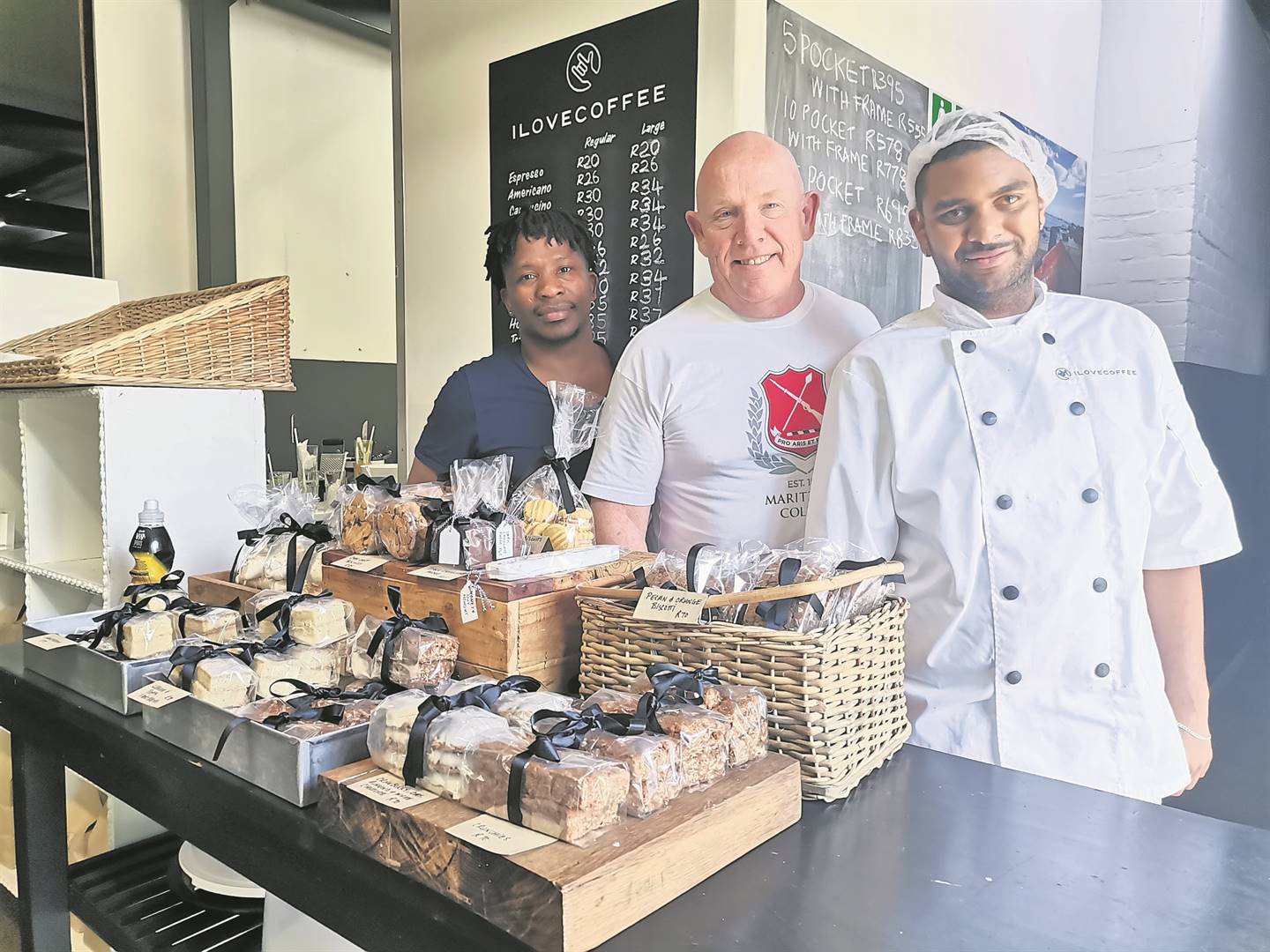
While Deaf Awareness Month may have just come to an end, a business group based in Claremont is working on building a bridge to connect hearing and deaf people every day.
Globally observed in September, Deaf Awareness Month is aimed at increasing public awareness of deaf issues, people, and culture. Two of these issues are unemployment and education.
In a 2018 report, the Deaf Federation of South Africa showed that 70% of people who are deaf are unemployed. And – according to an article published on Health-E News – deaf people are also sidelined when it comes to education.
In the article, Kamohelo Teele, the national spokesperson for the South African Deaf Youth Development Project (SADYDP), said there was no inclusivity when it came to the education system.
“The majority of deaf children come from special schools where they are taught by teachers who do not know sign language. Once these learners matriculate, they do not know how to survive because the system cannot protect them,” said Teele.
With the aim to address both these needs, and become one of the country’s leading artisan roasted coffee suppliers, I Love Coffee was established in June 2016.
Gary Hopkins, co-founder, says back when he and Mike Morrit-Smith started the business, they primarily focused on setting up stations at corporate sites where members of the deaf community, trained by them, could be placed as baristas.
“And then Covid came along and overnight, eight of our sites just closed.”
Hopkins says pretty soon all that they had left was their premises at 103 Garfield Road in Claremont. Originally the plan was to use the building as a roastery and a central kitchen, a facility to supply coffee and food from.
Over the past two and a half years, the premises has been transformed to accommodate a café, bakery and roastery downstairs and a training facility upstairs. Hopkins says what sets their organisation apart is that they train deaf to deaf, using sign language, making it much easier for the trainees to access education.
“Most of our staff come in wanting to become baristas and that is probably the easiest thing to learn. It normally takes about three months. That gives our desk staff the confidence to serve customers, building their self-confidence. From there they usually start to show interest in other areas. Then we offer training into the kitchen and into the roastery.”
Hopkins shares they are in the process of finalising their accreditation to be a fully-fledged kitchen training facility, offering everything from food handling to baking and roasting. At present, they are also running a business administration mentorship which teaches selected staff the skills to one day run their own business.
“Our driving force, it’s not just about making cups of coffee. We are really driven to empower the deaf community to help themselves. Deaf staff mentoring and teaching others,” he says.
To date, I Love Coffee has trained about 150 people with about 90%, pre-Covid, absorbed into the business’s workforce.
Hopkins says they make a very distinct differentiation between supported employment and sheltered employment.
“In most instances, people put the deaf in the back of the kitchen or in the back of the organisation where they aren’t seen. We do the complete opposite. We are very proudly deaf. If you come into our environment, you will see deaf people everywhere, and we support them in those roles.”
Another element that they prize is the quality of their product, be it coffee or food.
“When we started the business, we made a conscious decision that we would not be what I call an ‘ag shame’ charity. We pride ourselves on our quality. Because you will go to a place once if a cause touches your heart. But if you go there and it’s amazing food and it touches your heart, then you’re going to be back.”
He says a lot of people assume that a deaf person is disabled. He says this needs to be reframed.
“If you were to fly to Japan, get off the plane, and you can’t speak Japanese, does that make you disabled? No, you just can’t speak the language and that’s the reality, it’s just a language issue. So once you breach that language, that deaf person is very capable of working.”
The company uses various tools to facilitate communication between customers and staff, such as sensitisation courses aired on TV screens in the cafe that teaches sign language, whiteboards for customers to write on and small wooden blocks with “orders”, such as “Americano” or “soft egg” printed on the sides.
Hopkins says they find that customers love the experience.
“There is nothing they find more rewarding than being able to order in sign language. It’s so empowering for everyone. At first, there may be this fear from both sides, customers being worried that they may say or do the wrong thing and staff worried that they might make a mistake but you order two cups of coffee and that fear evaporates. We’ve seen it, and then people just open the doors to each other and there’s an exchange.”
He says there are a lot of applicants wanting to join their training programme.
“The reality is that we do recognise that we’re in the hospitality industry and it’s very tough. We always say, make sure that you want to enter this environment, that you have an interest in food or coffee so that there’s a passion because there’s nothing worse than being placed in a job that you don’t love.”




 Publications
Publications
 Partners
Partners
























